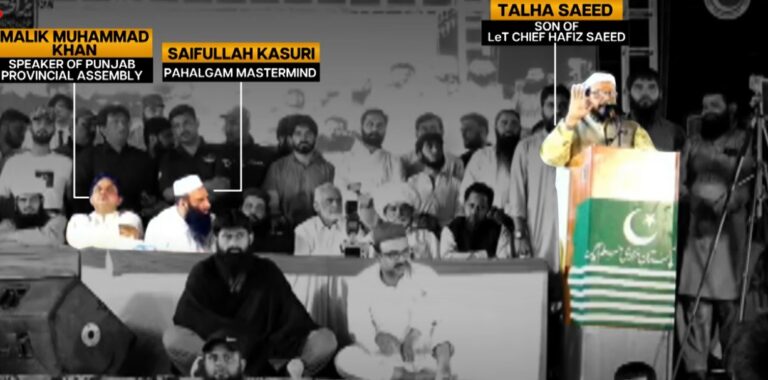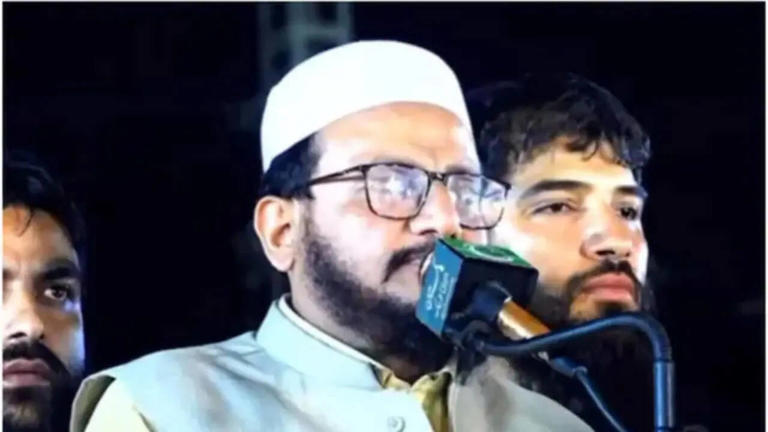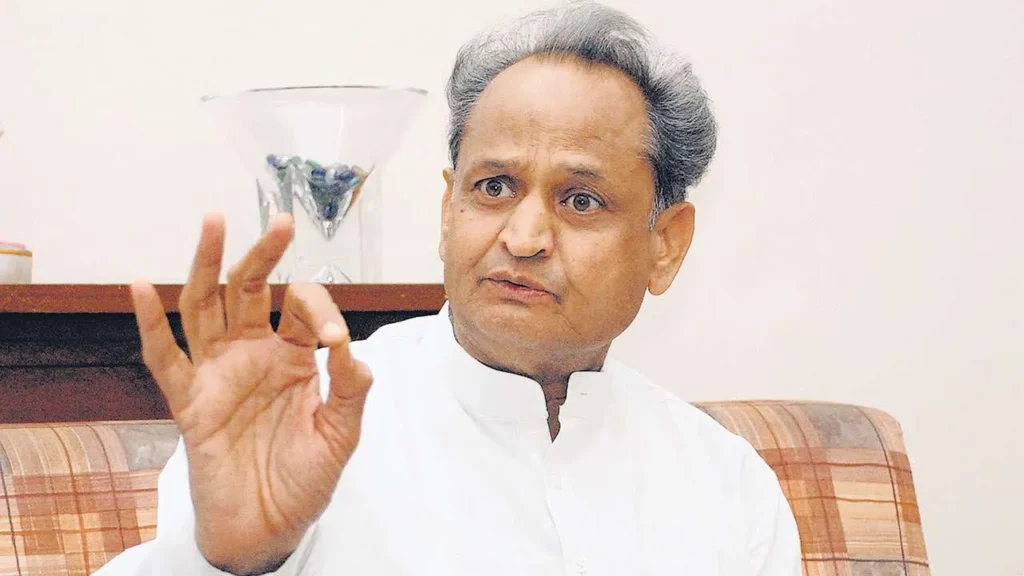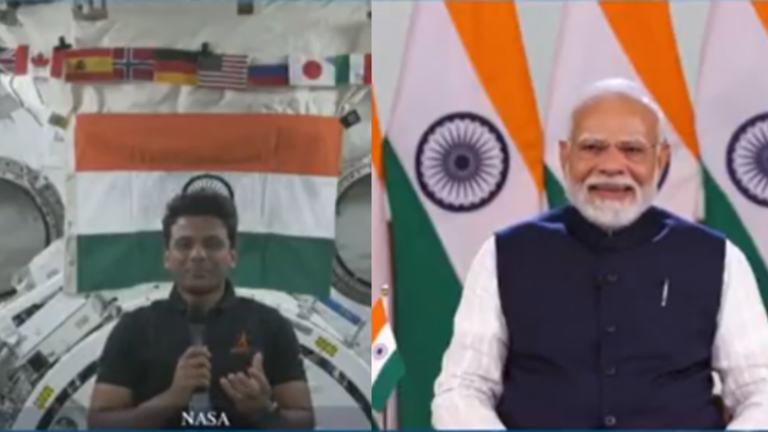LeT leaders, ISI officials, and Punjab Assembly Speaker unite in public call for jihad against India
A recent rally held in Lahore has unveiled yet another disturbing layer of Pakistan’s entrenched support for terrorism. The event saw the open collaboration of Lashkar-e-Taiba (LeT) leaders, senior Inter-Services Intelligence (ISI) officials, and Malik Ahmad Khan, the Speaker of the Punjab Assembly, delivering incendiary speeches and calling for jihad against India. What stood out wasn’t just the presence of internationally designated terrorists but also the open patronage provided by Pakistan’s security and political establishment. This rally once again highlights the deep-rooted nexus between Pakistan’s military-intelligence complex, radical Islamist terror outfits, and mainstream political figures.
LeT and ISI Share Stage with Punjab Assembly Speaker at Lahore Rally
In a shocking display of impunity and state complicity, the Lahore rally brought together some of the most wanted terrorist figures under the protection of Pakistani security forces. Present at the event were Talha Saeed, son of Hafiz Saeed (LeT founder and mastermind behind the 26/11 Mumbai attacks), Amir Hamza, Saifullah Kasuri (believed to be the key planner of the April 2025 Pahalgam terror attack), and Malik Ahmad Khan, the Speaker of the Punjab Assembly.
हाफिज सईद के बेटे तल्हा का वीडियो आया सामने
— Diksha singh (@DikshaSingh7522) May 30, 2025
तल्हा सईद के वीडियो ने खोली पाकिस्तान की पोल
एक ही मंच पर दिखे आतंकी और पाक के नेता
तलहा ने भारत में आतंक फैलाने की बात कही
28 मई को लाहौर रैली में भारत के खिलाफ उगला जहर#PahalgamAttack #TalhaPakistan #OperationSindoor pic.twitter.com/qCkDIu7eZr
The rhetoric at the rally was explicitly anti-India. Slogans such as “Kashmir banega Pakistan, Jammu banega Pakistan, Punjab banega Khalistan” were repeatedly chanted, pointing toward coordinated efforts to foment separatist violence in India. Kasuri, who faces allegations of directing recent terror strikes, not only took pride in his notoriety but also issued new threats against Indian civilians, with particular emphasis on attacks targeting Hindus.
One of the most alarming aspects of the rally was the open display of ISI’s endorsement. Posters of General Asim Munir, Pakistan’s current Field Marshal and ISI-backed army chief, were prominently featured, indicating official military patronage of the event and the ideology it promoted. Security arrangements by Pakistan’s forces around the rally added weight to these implications.
Such public displays of unity between terrorists, military, and elected officials are stark reminders that Pakistan’s claim of fighting terror is hollow. It also underscores how groups like LeT continue to function with state legitimacy, despite being designated as terror organizations by the UN, the U.S., and the EU.
Pakistan’s Deep State and the Normalization of Terror Networks
This rally is not an isolated event—it is part of a long-standing ISI strategy that involves using jihadi organizations as proxies against India. This pattern involves enabling terrorist actors to operate with protection from prosecution while simultaneously allowing political leaders to share public space with them. It is a strategy aimed at maintaining plausible deniability on the international stage while destabilizing India through communal incitement and terror attacks.
The international community has consistently flagged this issue. LeT has been under UN Security Council sanctions since 2005 and U.S. terror designations since 2001. However, its leadership remains free and active inside Pakistan. At the rally, Talha Saeed even claimed that the Pahalgam attack was a “drama,” while boasting that his father, Hafiz Saeed, continues to receive state protection. This admission reinforces global suspicions about Pakistan’s duplicity in anti-terror commitments.
The ISI’s consistent use of such organizations serves two objectives: provoking sectarian and communal tensions in India, especially around Kashmir and Punjab, and using terror as a tool of foreign policy under the guise of non-state actors. The normalization of such ideologies within mainstream political and military structures only emboldens future violence.

The Lahore rally exposes more than just extremist rhetoric—it reveals the dangerous entanglement of Pakistan’s political leadership, military establishment, and jihadist outfits like LeT. With clear evidence of state backing, public threats against India, and glorification of terrorism, Pakistan continues to violate global norms with impunity. This event should trigger serious international scrutiny and a reevaluation of diplomatic and strategic engagements with Pakistan. It is no longer a question of whether Pakistan supports terrorism—events like this confirm that terrorism is a tool of its statecraft.





















